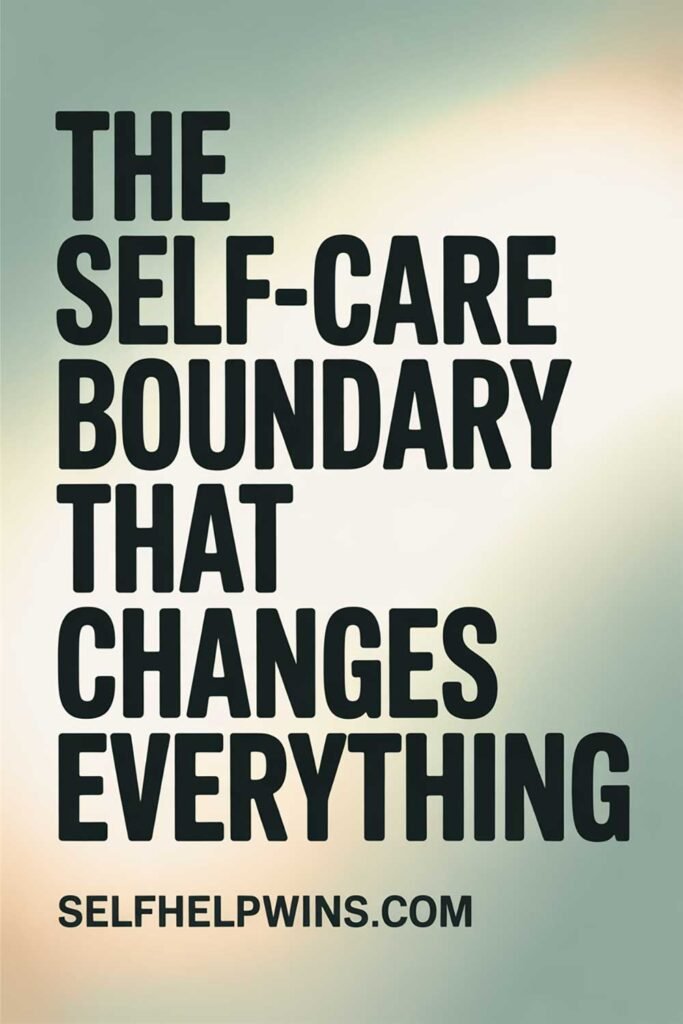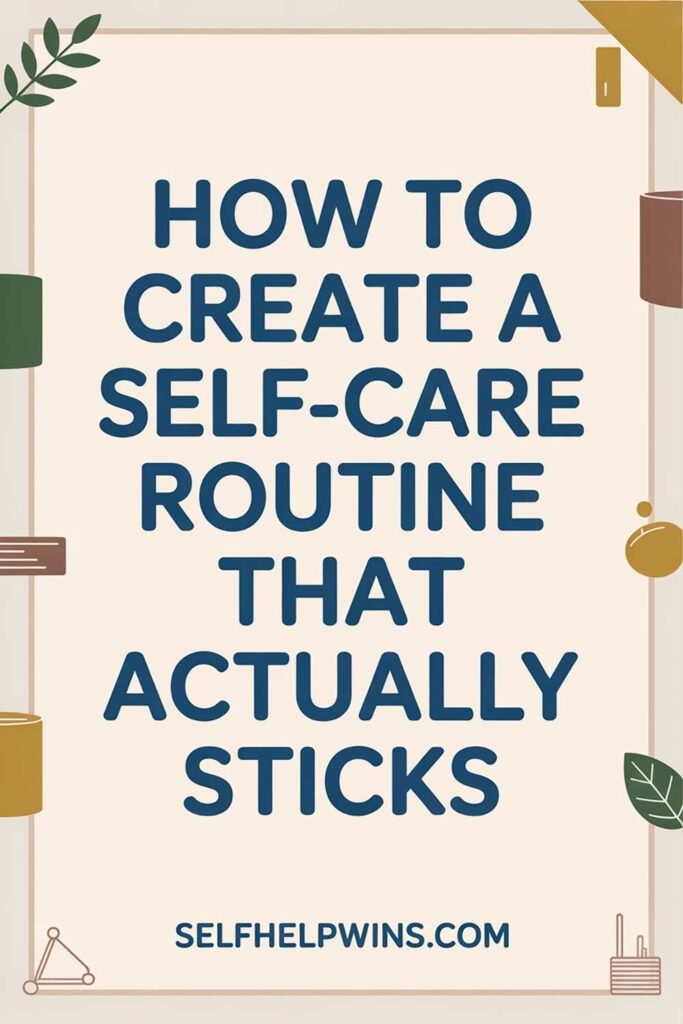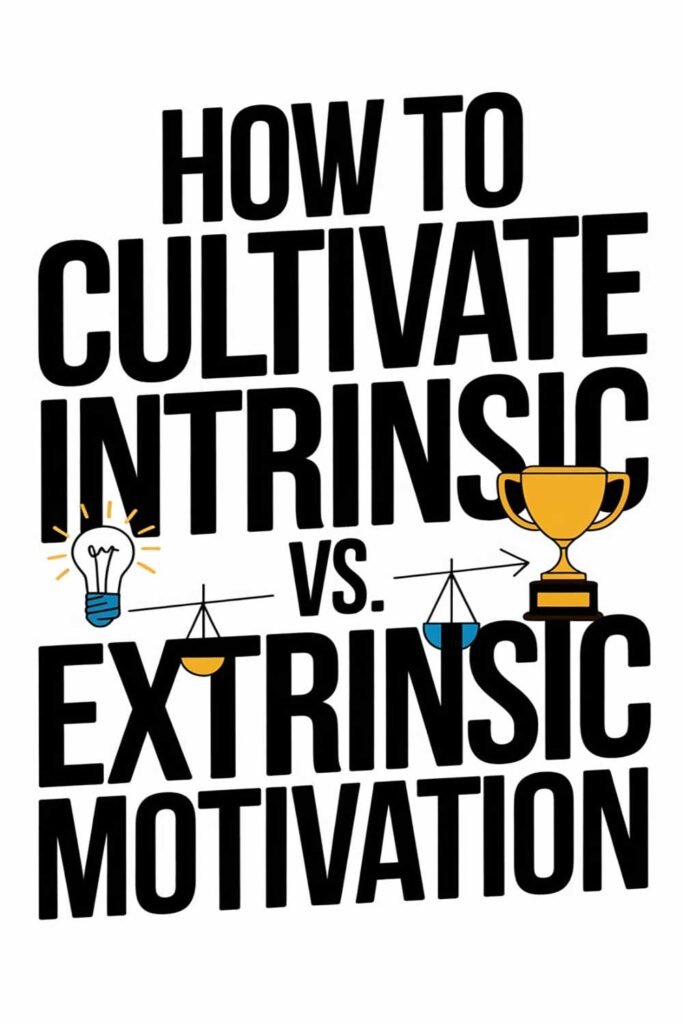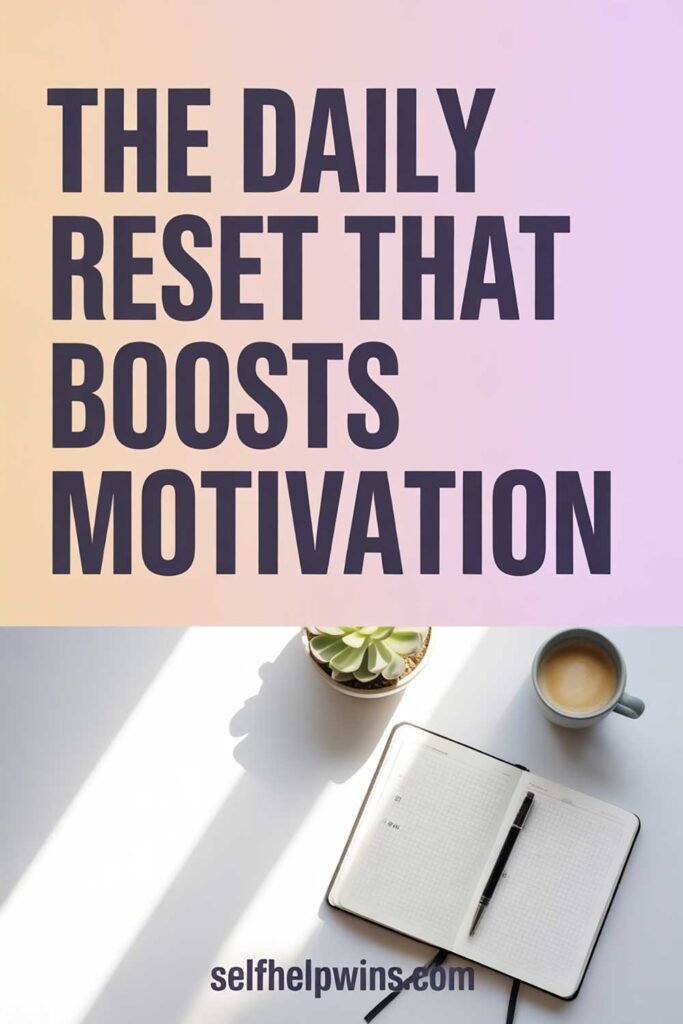How to Unplug and Recharge in a Digital World
In today’s hyper-connected world, it feels nearly impossible to escape screens. We wake up to notifications, spend hours scrolling, work from behind monitors, and fall asleep to the glow of our phones. But this 24/7 connectivity comes with a cost: burnout, anxiety, poor sleep, and mental fatigue.

The solution? Learn how to unplug and recharge regularly. Just like your phone needs a power source, your mind, body, and spirit need time away from the digital world to reset and thrive.
This guide will walk you through exactly how to reclaim your peace by disconnecting—even just a little—each day, week, and month.
1. Understand Why Unplugging Matters
Constant digital stimulation floods your brain with dopamine, keeping you in a loop of needing more. It also:
- Increases stress levels
- Decreases attention span
- Impacts sleep quality
- Affects emotional regulation
Real-life example:
Kevin, a tech startup founder, noticed his anxiety spiked every time he opened social media. After taking weekends off from screens, he felt more present with his family and creative in his work.
2. Create Screen-Free Zones in Your Home
Designate physical areas where screens are not allowed. Ideas include:
- The bedroom
- Dining table
- Bathroom
- Backyard or patio
Real-life example:
Leah made her bedroom a no-phone zone. After just one week, she reported better sleep and deeper conversations with her partner.
3. Schedule Daily Digital Detox Breaks
Start with 10-30 minutes a day where you intentionally unplug.
- Morning routine without your phone
- Lunchtime walks without earbuds
- Tech-free hour before bed
Real-life example:
Jamal, a college student, stopped using his phone during lunch. Instead, he journaled or went outside. It helped reduce overwhelm and increased his daily focus.
4. Turn Off Non-Essential Notifications
Not every ping deserves your attention.
- Disable notifications for email, games, shopping apps, and most social media
- Keep only emergency alerts and calendar reminders
Real-life example:
Emily, a freelance writer, turned off all non-urgent notifications. Within a month, she cut her screen time by 40% and doubled her productivity.
5. Take a Weekly Tech Sabbath
Choose one day a week to unplug entirely (or mostly).
- No social media
- No emails
- No unnecessary apps
Real-life example:
Aaron, a pastor, takes Sundays as a full digital detox. He spends time hiking, reading, and connecting with loved ones. He says it resets his brain for the week ahead.
6. Use Apps That Help You Unplug
It may sound ironic, but certain apps help track and reduce screen time.
- Forest (rewards you for staying off your phone)
- Freedom (blocks distracting websites/apps)
- Moment or Screen Time (tracks usage)
Real-life example:
Tasha, a business owner, used the Forest app to stay off social media during work hours. Her stress levels dropped and sales increased due to better focus.
7. Plan Offline Activities You Enjoy
Make unplugging something you look forward to.
- Read physical books
- Walk in nature
- Cook from scratch
- Do puzzles, paint, garden, or write by hand
Real-life example:
Marco, who struggled with screen addiction, began taking up photography and hiking. He now spends two afternoons a week completely offline, capturing real-world beauty.
8. Create a Wind-Down Routine Without Screens
Using screens before bed messes with melatonin and sleep quality.
- Replace with reading, journaling, or stretching
- Use amber light or candles
Real-life example:
Brittany, a mom of two, started lighting candles and writing in a gratitude journal at night instead of scrolling. Her sleep improved dramatically.
9. Limit Social Media to Set Times
Give yourself boundaries.
- Check only twice a day (e.g., 10 a.m. and 6 p.m.)
- Use timers to stick to limits (Instagram & TikTok have built-in features)
Real-life example:
Devon, a high school teacher, limited social media to 30 minutes a day. He regained hours each week and said he felt mentally “lighter.”
10. Go on a Full Digital Detox Retreat (When Ready)
Once a year, take 2-3 days fully offline.
- Go camping, visit a cabin, attend a wellness retreat
- Let people know ahead of time you’ll be unreachable
Real-life example:
Nina booked a 3-day retreat in the mountains with no Wi-Fi. She journaled, meditated, and walked. She returned home with clarity she hadn’t felt in years.
20 Quotes About Unplugging & Recharging
“Almost everything will work again if you unplug it for a few minutes, including you.” – Anne Lamott
“Technology is a useful servant but a dangerous master.” – Christian Lous Lange
“You don’t always need a plan. Sometimes you just need to breathe, trust, let go, and see what happens.” – Mandy Hale
“There is virtue in work and there is virtue in rest. Use both and overlook neither.” – Alan Cohen
“Disconnect to reconnect.” – Unknown
“Take time to do what makes your soul happy.” – Unknown
“Almost everything will work if you unplug it, including you.” – Anne Lamott
“Don’t get so busy making a living that you forget to make a life.” – Dolly Parton
“Stop measuring days by degree of productivity and start experiencing them by degree of presence.” – Alan Watts
“When you recover or discover something that nourishes your soul and brings joy, care enough to make room for it in your life.” – Jean Shinoda Bolen
“Sometimes the best way to recharge is to unplug.” – Unknown
“Almost nothing material is needed for a happy life.” – Marcus Aurelius
“Stillness is where creativity and solutions to problems are found.” – Eckhart Tolle
“Put down the phone and pick up your life.” – Unknown
“Technology is best when it brings people together. It’s worst when it pulls us apart.” – Unknown
“It’s not the load that breaks you down, it’s the way you carry it.” – Lou Holtz
“Make time for silence, solitude and introspection.” – Robin Sharma
“True rest is not idleness, it’s restoration.” – Unknown
“Live less out of habit and more out of intent.” – Unknown
“The best connection is the one with yourself.” – Unknown
🧠 Picture This
Imagine waking up without immediately reaching for your phone. You stretch, breathe in the morning air, and sip your coffee in peace. You take a walk with no earbuds, fully present in your surroundings. Later, you write in your journal, talk to a friend, and go to bed without a glowing screen in sight. You feel grounded. Refreshed. More you.
What would happen if you unplugged just a little more each day?
💬 Please Share This Article
If this article inspired you to disconnect and recharge, share it with someone who could use a digital reset. You could be the reason they finally take a deep breath.
⚠️ Disclaimer
This article is based on personal experience and general wellness practices for informational purposes only. It is not medical advice. Always consult a licensed professional for any health-related changes. We disclaim responsibility for individual results.






